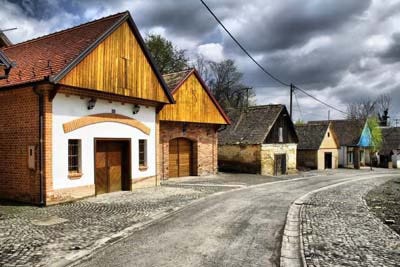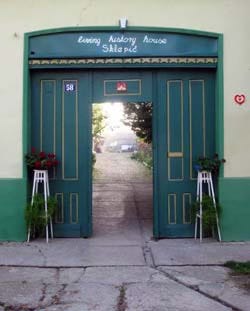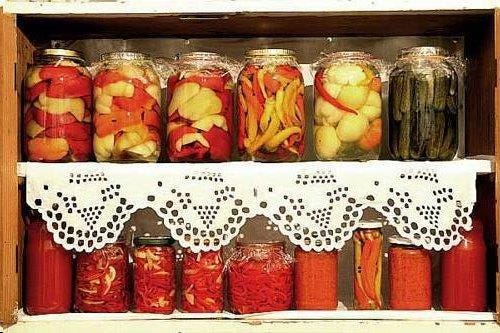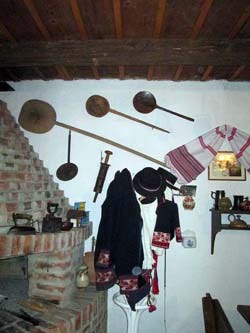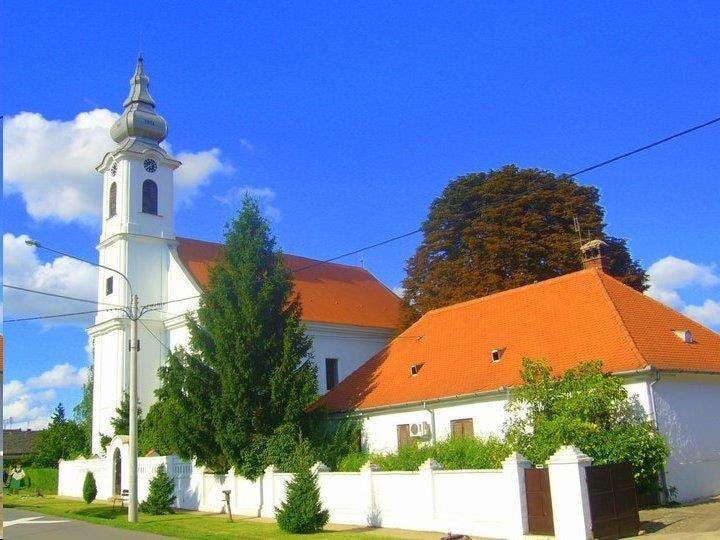Vacationing in a rustic rural farmhouse in Karanac, Croatia
I found myself surrounded by a cacophony of sounds. It was a special treat.
One appeal of my stay at a rural farmstead in a tiny village of Karanac, Croatia was what it didn’t have. With no TV to blare or telephone to ring, I hoped to catch up on my shuteye after a busy travel schedule by sleeping a bit late in the morning. What I failed to take into account was the cacophony of sound that would greet me beginning at daybreak.
The arrival of dawn set the resident roosters to crowing. Soon a mini-flock of ducks joined the chorus. Then came the honking of geese and snorting of a pig, which finally convinced me to dress and check out the animalistic orchestra before the concert ended.
This was but one experience that introduced me to life as it’s led – and has been led for many decades -- on a farm in Karanac, a town of about 1,000 inhabitants nestled in the Slovonia region of Croatia. I soon understood why a farmhouse stay is among the special treats awaiting visitors to that area – and how it provides an introduction to long-held customs and traditions.
Welcome to Karanac, Croatia — a rural community
A sign at the entrance of the Autohtono Gospoodarstvo Sklepic (Traditional Homestead Sklepic) farmhouse, which reads “Living History Museum,” says it all. The long, low residence and adjoining outbuildings were constructed in 1910 in the traditional manner. A wood frame was covered with a mixture of clay and straw, then the outside walls were whitewashed.
Denis and Gordana Sklepic, and their son Stipan, continue to operate the farm which has been in the family for generations. Along with their daily chores, they welcome visitors who come to enjoy a nostalgic experience. And nostalgia is what guests receive in a big dose.
The guest rooms, brimming with original furnishings set off by local adornments, are rustic but very comfortable. The kitchen-dining area, with its wood-fired brick oven, is where food was cooked by the present owners’ grandmothers, who also warmed themselves there while darning socks. In the past, children slept near the comforting fire on cold winter nights.
Good food and drink are very important to Croatians.
Good food and drink are important to Croatians and that’s especially true of people who live in Slovonia. The region is the breadbasket of Croatia and filled that role in the past when it was part of Yugoslavia. It accounts for much of the country’s crops and livestock. Adding to the gastronomic appeal is a plentitude of wines, not surprising in a place where vineyards were first planted when it was a province of the Roman Empire.
The bountiful breakfasts which Gordana prepares take full advantage of the fresh provisions just outside and those stored in jars on shelves. She puts up apricot, cherry and plum jellies and jams using fruit picked from trees that are scattered about the five-acre farm, which enhance thick slices of homemade bread. Some of the plums are destined to be turned into delicious brandy, which the hosts generously share with their guests.
Freshly gathered eggs might be accompanied by tomatoes, potatoes and peppers grown in the garden, often with an abundant dose of paprika which is a long-time staple of Croatian cuisine. Sausages, cheeses and full-bodied coffee, the kind that most Europeans prefer, round out the feast.
Staying in living history.
In keeping with the living history theme of the farmhouse, the charming village in which it is located also adds to pages from the past. The tiny town has long been a multi-ethnic community, where Croats, Serbs, Hungarians and Germans have lived as neighbors. Three churches – Catholic, Serbian Orthodox and Reform Christian – attest to that part of the story. So does a monument not far from Karanac at the place where the borders of Croatia, Serbia and Hungary meet.
For the traveler to Croatia seeking to explore the area’s history and traditions, a visit to Karanac village and a stay at the Homestead Sklepic provides a delightful and enlightening introduction to an intriguing chapter of the past.
The farm’s website (in the Croatian language) is sklepic.hr and its email address is denis.sklepic@inet.hr.
Victor Block
Victor Block retains the travel bug after gallivanting throughout the United States and to more than 75 other countries worldwide and writing about what he sees, does, and learns. He believes travel is the best possible education and claims he still has much to learn. He loves to explore new destinations and cultures, and his stories about them have won many writing awards.


